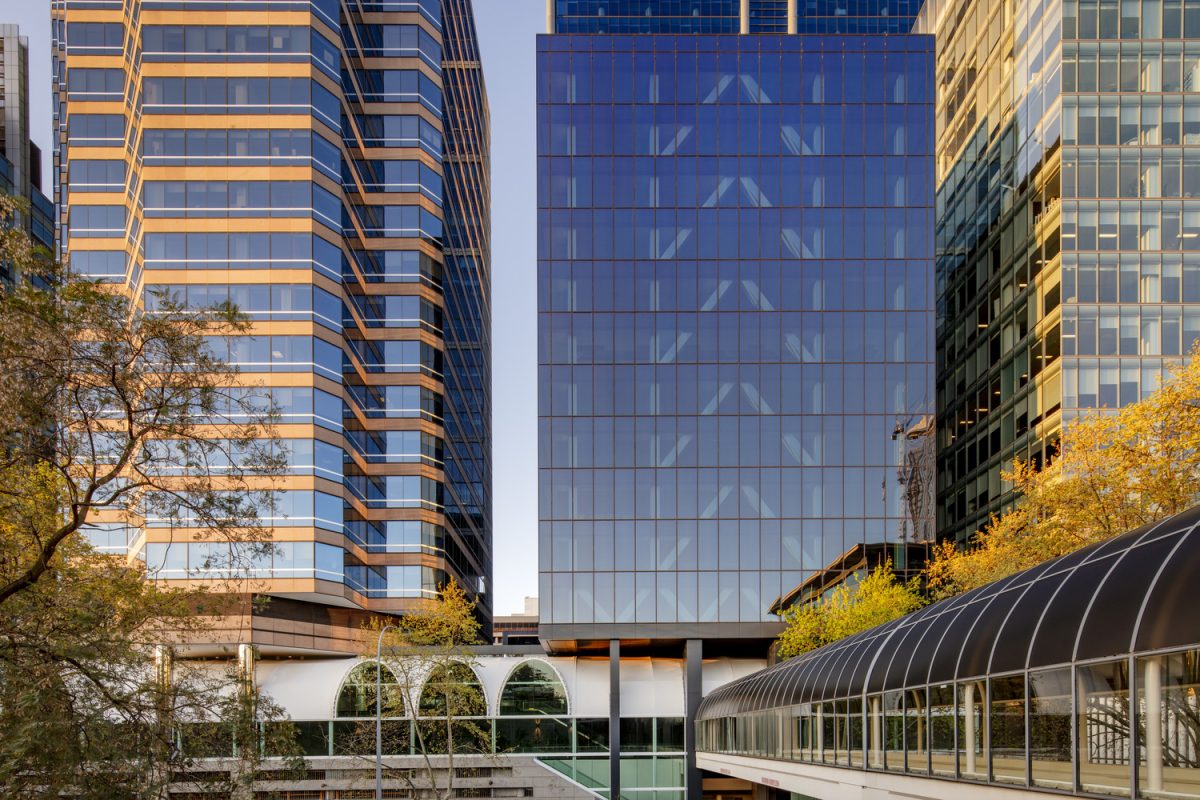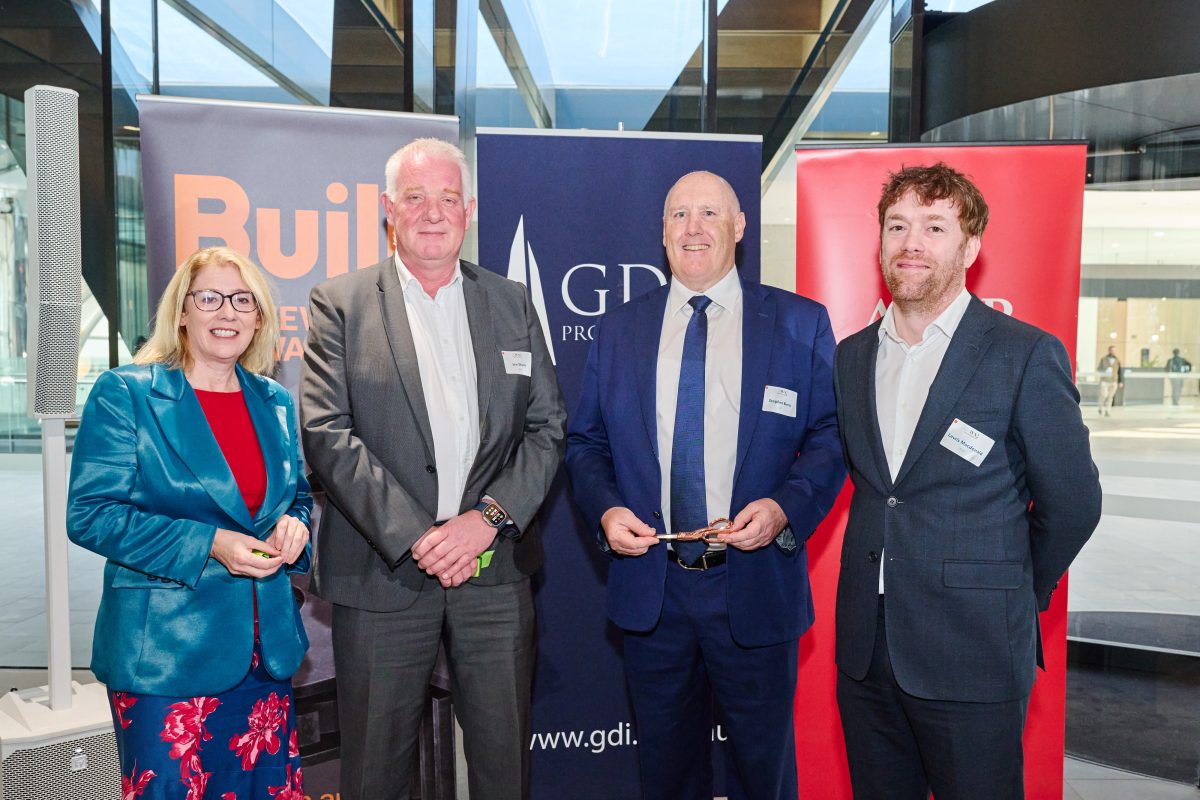Changemakers: Meet the women shaping the future of our industry
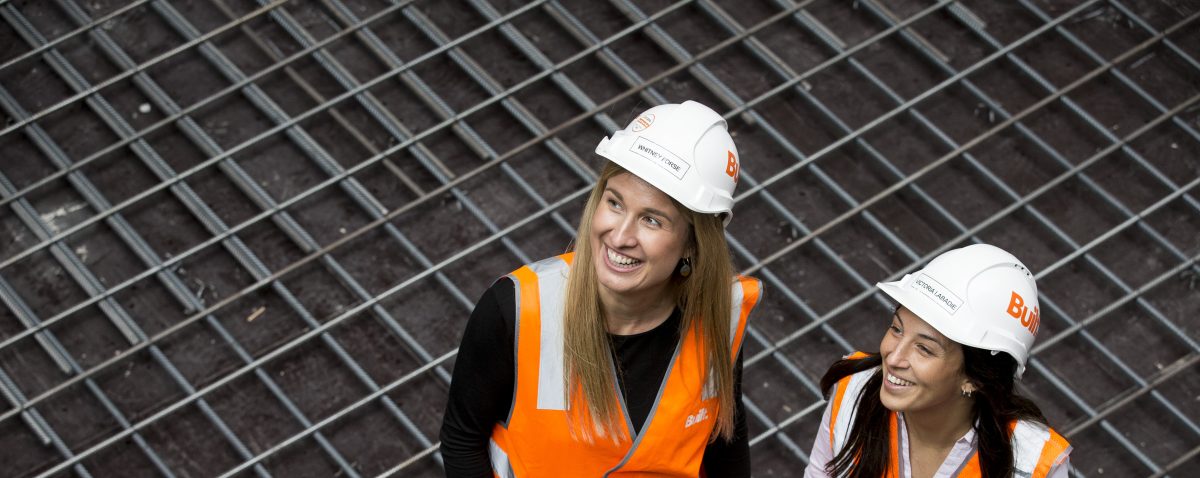
In every role, within every industry, women bring diversity of thought, new perspectives, and a fierceness to embrace new challenges in their roles.
Research by the Diversity Council of Australia tells us that if you work in a diverse and inclusive team, you’re 11 times more likely to be highly effective and 10 times more likely to innovate (1). Diverse perspectives challenge our thinking, develop innovative solutions, and solve complex problems that shape the communities we work, live, and build in.
Three women at Built embody this thinking and are not only embracing the every-day challenge of being a female in construction, but they are also leading the way in transforming construction by laying the foundations for the future of the industry.
Sally Archer, Filomena Beshara and Whitney Forse are leading the way in making our industry more innovative, sustainable and technologically driven than ever before. Between them they are delving into the ever-expanding field of Digital Engineering and Construction, driving the move to a Circular Economy to maximise our resources and rising to the challenges of some of the world’s most awe-inspiring, never-been-done before buildings, like Atlassian’s new HQ in the heart of Sydney, set to become the world’s tallest hybrid timber tower.
Hailing from very diverse backgrounds and experiences, these women are now at the forefront of a rapidly evolving industry and are flipping the narrative on a woman’s place in construction beyond just equality, to industry changemakers.
When you first meet Sally, you’d be forgiven for assuming she’s only just finding her feet in the industry. For Sally, it’s more her age than her gender that often makes industry veterans underestimate her.
At 26-years-old, she is the Digital Engineering Manager at Built and her confidence and extensive knowledge of this cutting-edge space almost knocks you over when she delves into specifics.
“I’ve spent a lot of time trying to defend my value to previous organisations because of my age,” says Sally.
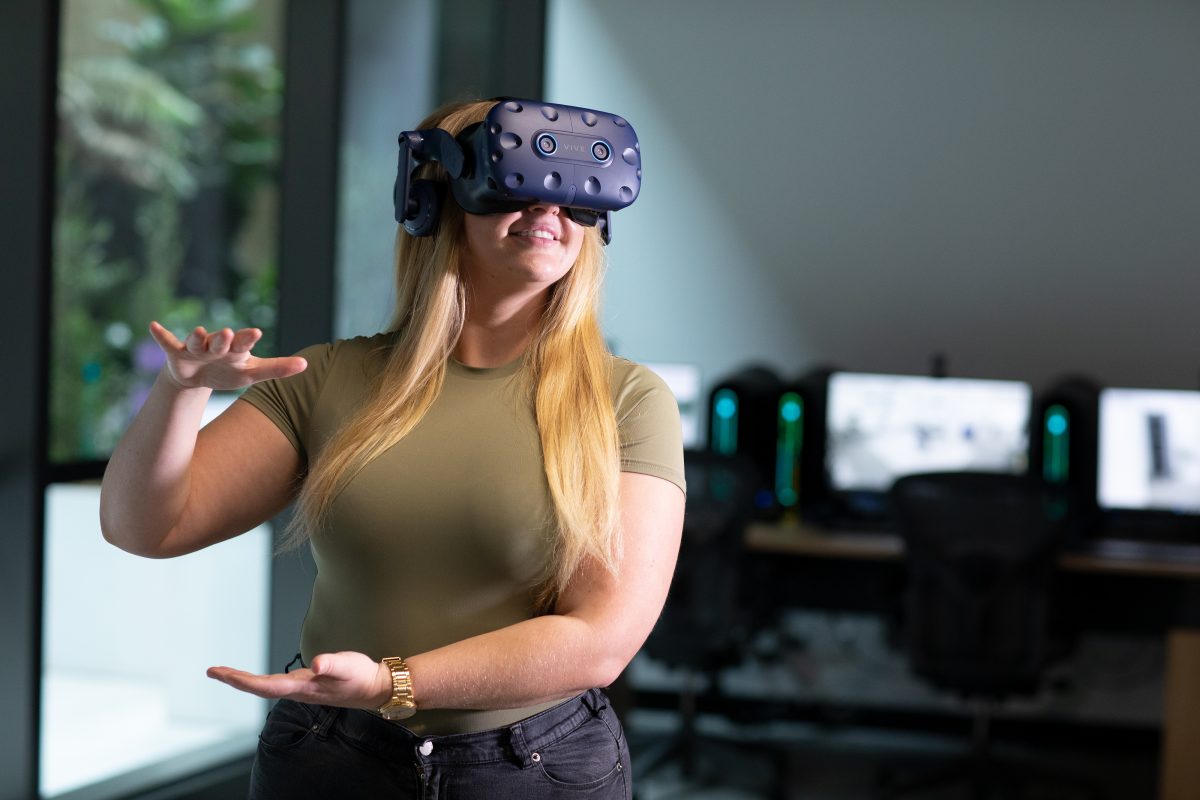
“I’ve been told a few times, ‘You haven’t ticked off this number of years, so how can you be in this role?’. What I say back to them is, I’ve had experience doing what I do, for almost as many years as Digital Engineering has been around. This is such a new space and I’ve been lucky to have those opportunities early on and capitalise on it and obviously I’ve got the personality type required to get me there, so that’s why I should be here.”
Sally Archer, Digital Engineering Manager
Sally initially studied Construction Management at the University of Technology Sydney, picking up a few digital engineering subjects while working as a cadet quantity surveyor. She never intended to find a passion for Digital Engineering, rather it found her. She graduated and landed a role as a Digital Design Engineer before moving over to Built.
It didn’t take Built long to see Sally’s potential and give her a platform from which to lead and train others within the company on the potential and benefits of Digital Engineering.
“Digital Engineering is a set of tools and technology to help project teams make their lives and jobs easier. It’s enabling teams to access more complete, better information for them to make more informed decisions quicker and help solve issues earlier in the programme.”
Sally’s role didn’t exist at Built five years ago, and it will look vastly different in five more years. She enjoys that technology is ever-changing and evolving and offers her the ability to work across a variety of projects. She expects that her work will transform the way site teams operate.
“I hope to see it continue to evolve and become a part of every team’s day-to-day, business as usual activities. I anticipate that in the future, my own role will focus less on the coordination and training people in the fundamentals and more on exploring new technology and using it to grow our capabilities and further upskill the business.”
This thirst for driving not only Built, but also the industry, further, doesn’t just begin and end with Sally.
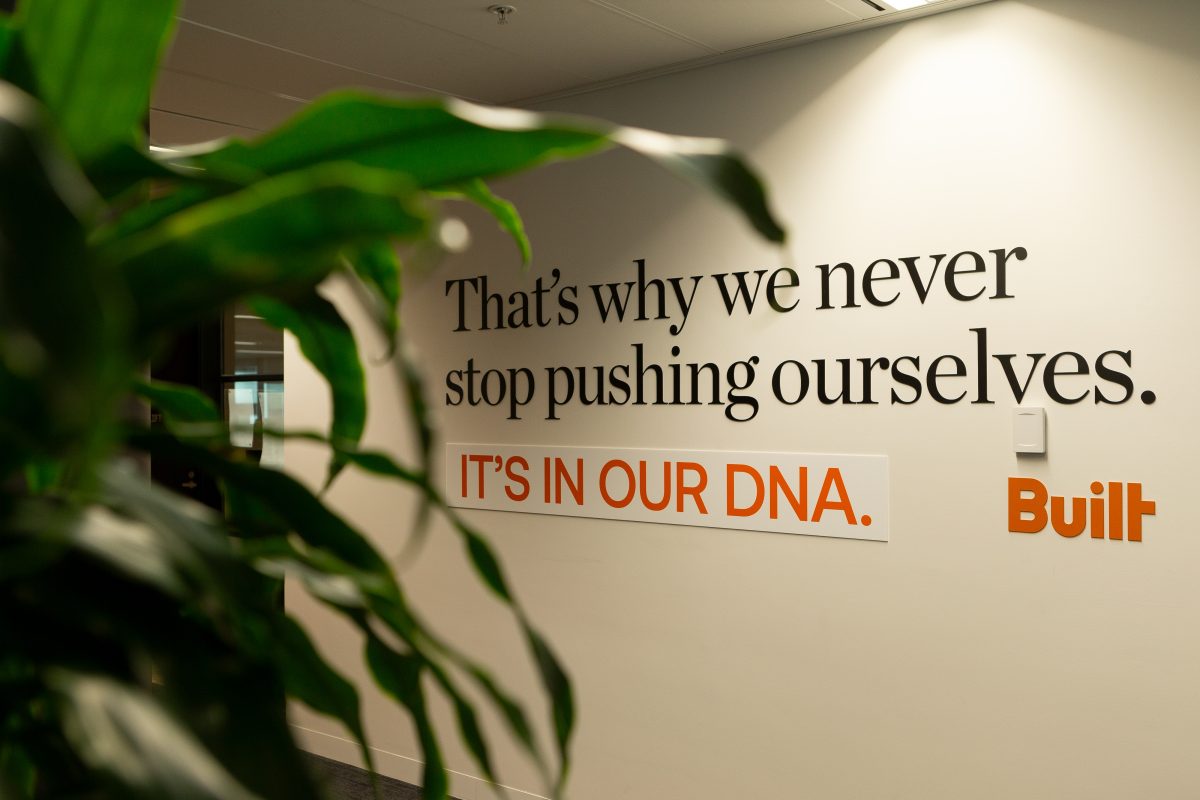
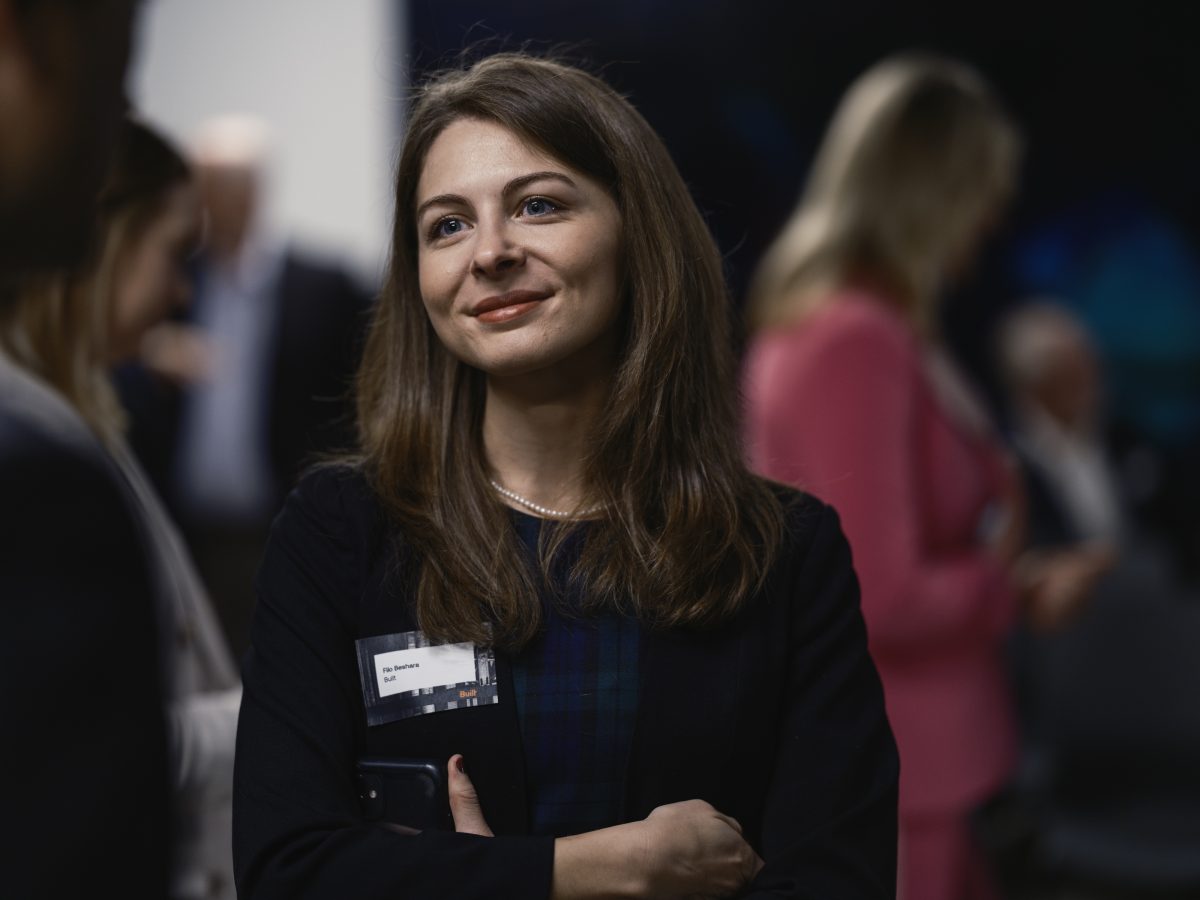
A student of architecture, Filomena was born and raised in Italy and studied in both Milan and Sydney. After graduating, she took the plunge and moved to New York, where she interned for a boutique architecture firm before being thrown into construction. She quickly grew to love the dynamic and continuously evolving industry.
Now, with the title of Sustainability Manager at Built, you assume Filomena was born and bred with a passion for sustainability running through her veins, but – similarly to Sally – that’s not how it began.
“It was just something I fell into, and it became my ‘thing’. When I moved to New York, the job market was very competitive. I started looking at job advertisements and something I saw a lot of was ‘LEED Certification needed’. That’s the Green Star of the US.
“I thought, this looks like something I should have if I’m going to get a job here.”
This path led Filomena to not only attaining her certification but joining the Green Building Council in the US and going on to attend and organise networking events, conferences, workshops, and ultimately taking on the role as leader of the Young Professionals Committee.
When Filomena moved to Australia in 2021, she applied for a job as a Contract Administrator with Built but was asked to come and interview for a role in the sustainability team instead. Now Built is giving her the opportunity to take the next step and lead the way in pivoting towards a Circular Economy.
According to the Green Building Council of Australia, the Circular Economy is “an economic model that aims to retain the value of the circulating resources, products, parts and materials. It aims to create innovative business models that promote long life, maximise reuse, encourage refurbishment, and boost the use of renewable materials”. With 50 per cent of global products in the market used in property and construction, it’s a critical step to ensure we curb the unsustainable overconsumption of our natural resources.
“We [Built] started to put together a paper on the Circular Economy and in it, we listed some practical steps to make a company more circular. I looked at the list and said ‘OK, this is what we’re telling others the practical steps are, but what is Built doing?’ So, we created a second list of the steps we are taking, and we chose to start with a list that is doable.”
Filomena Beshara, Sustainability Manager
“There are things that I would like to see in the next five years on every project of ours, things we haven’t done yet. I would like to see embodied carbon information displayed in every meeting right next to schedule and budget, and see it tracked in the same way from procurement phase to the end on every project. And I would like clients, designers and project managers to think of their projects with the end in mind, to retain value out of buildings and their components at the end of their first life cycle.”
However, her aspirations don’t stop with Built. She hopes to make a wider impact with what the company is proposing by working with others across the industry. Creating a Circular Economy is something that can only be done industry wide, she points out. To do this, there needs to be a system in place for that to happen and Filomena hopes that through her work at Built, the industry will also evolve in a way that will embrace a Circular Economy mindset.
While Filomena pushes ahead with transforming the definition of sustainable construction, Whitney Forse is etching her name into Sydney’s skyline and stretching the limits of sustainability and innovation in practice.
After studying Quality Surveying and completing her cadetship, she began working as a Contracts Administrator (CA), and further progressed her career in London, before returning to Sydney and taking a role with Built in late 2017. She spent the next four years working up to a Contracts Manager role through experience across some of Built’s largest Sydney projects, including the luxury residential tower One30 Hyde, the major Star Casino expansion and the innovative commercial building, 3 Parramatta Square. While working on the latter, Whitney was also engaged in the Early Contract Involvement (ECI) for Atlassian.
It was at this point that Whitney’s career took a turn not often seen by someone with her commercial career history, stepping into the role of Project Manager (PM) for what is arguably the world’s most innovative and sustainable building.
“With project management it’s more of a challenge because you have to have an understanding of the commercial contractual side, but you’re also dealing with all of the daily site challenges, design and other elements that I have always been involved in but not responsible for,” Whitney explains.
It’s a career path Whitney admits she’s never really seen anyone else take quite like this. While engineers tend to be more production and program driven, those coming from a CA background tend to have a greater understanding that “every dollar counts”.
“That’s a great asset and skill to bring to a PM role, because you’ll always be able to challenge those around you to find a more cost-effective means.”
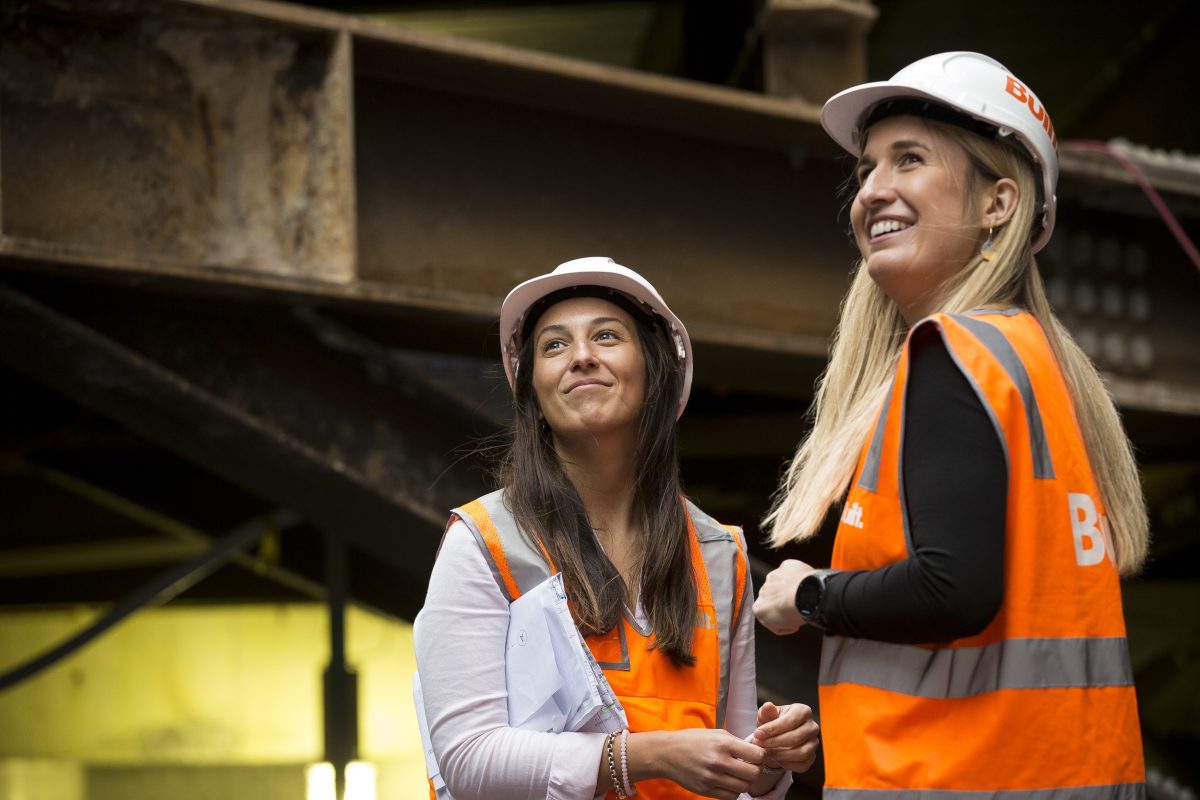
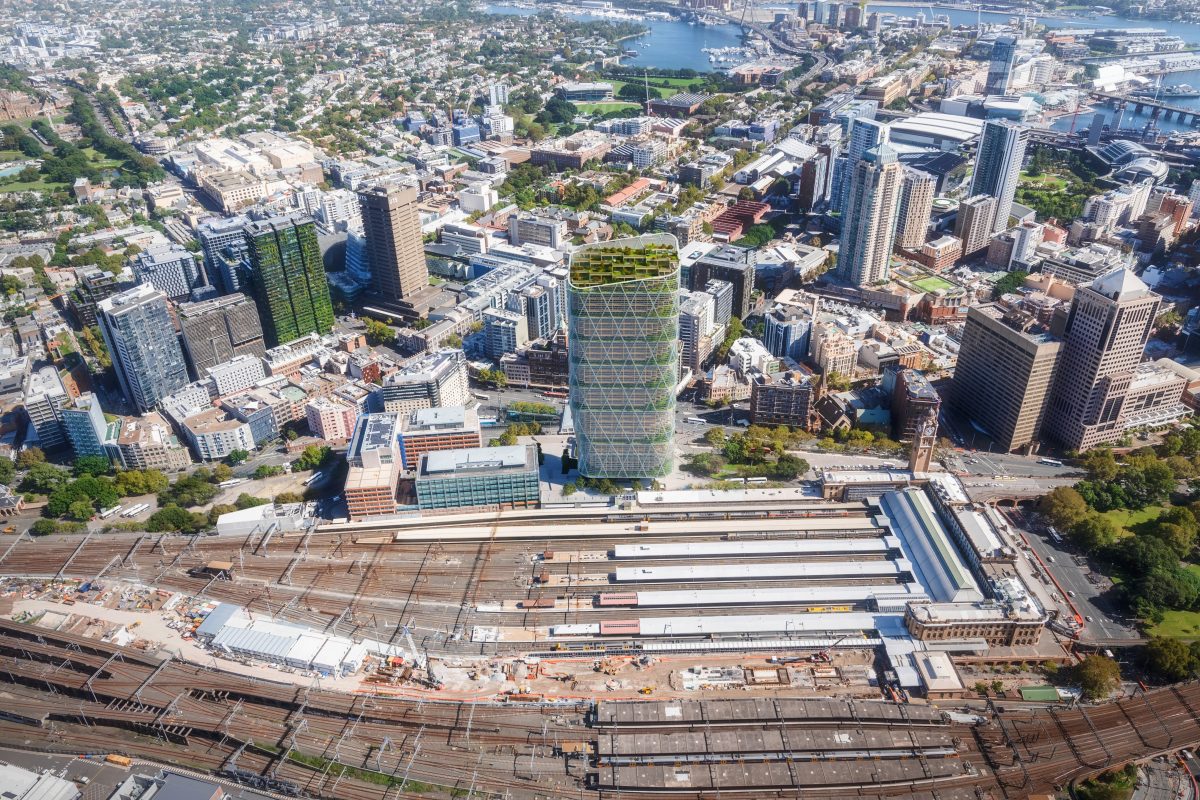
The high-profile Atlassian project has been a mammoth task to take on, but Whitney’s background and work on the ECI has meant she’s been able to step into her role on the project with the confidence and background knowledge rarely seen by other PMs. After running the initial ECI as a full tender, with scope and pricing breakdown, she has full transparency and greater understanding of budget constraints now that the team is on site.
The world’s first hybrid timber building is targeting some of the highest sustainability ratings, aiming for 6 Star Green Star and 5.5 Star NABERs Energy ratings. In addition, it’s also aiming to produce 50 per cent less embodied carbon in construction than a conventional commercial building, which is a feat that has never been done before, by anyone, anywhere. For Whitney, creating procedures to track and establish the baseline for the building’s embodied carbon target has been second nature in terms of the process, even though the outcome is new.
Individually, Whitney, Filomena and Sally are each testing the boundaries of the industry and paving a way for the future of construction. Unknowingly together, they are inspiring other women to forge their own path and chase more challenging, change-making career paths.
Their advice to other women in the industry looking to follow suit is to stay confident, ask questions, be open to new and less obvious opportunities and challenge appearances.
“There’s a lot of skills that come naturally to women that are beneficial in construction. We tend to be less worried about appearing like we know all the answers and are more willing to ask questions. This leads to more honest conversations up front, which gets you to the right result quicker,” says Whitney.
“Don’t be afraid,” says Filomena. “There’s not just one version of being powerful and authoritative. You can be authoritative and confident in whatever way you want.”
(1) https://www.dca.org.au/research/project/inclusionwork-index-2021-2022


